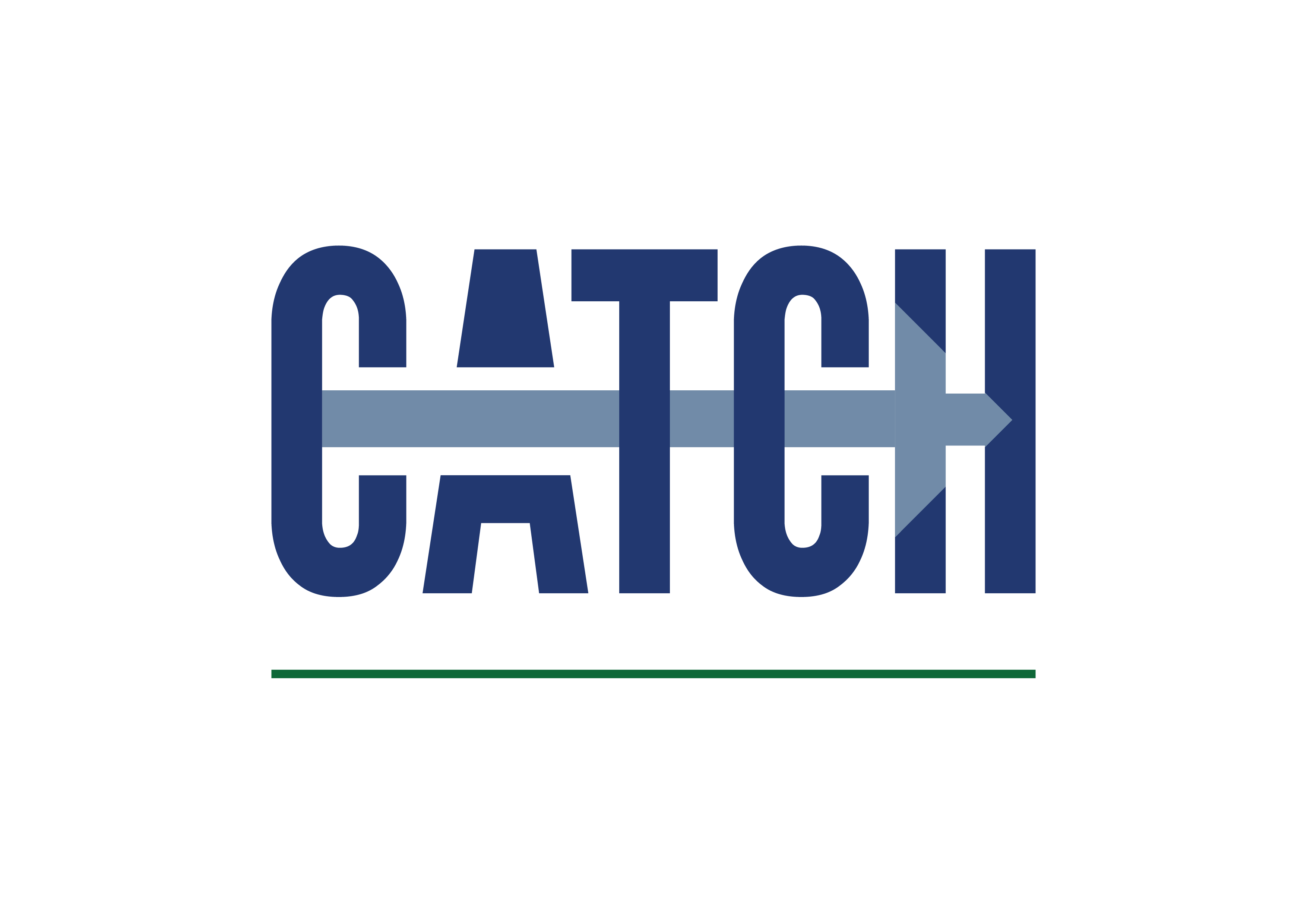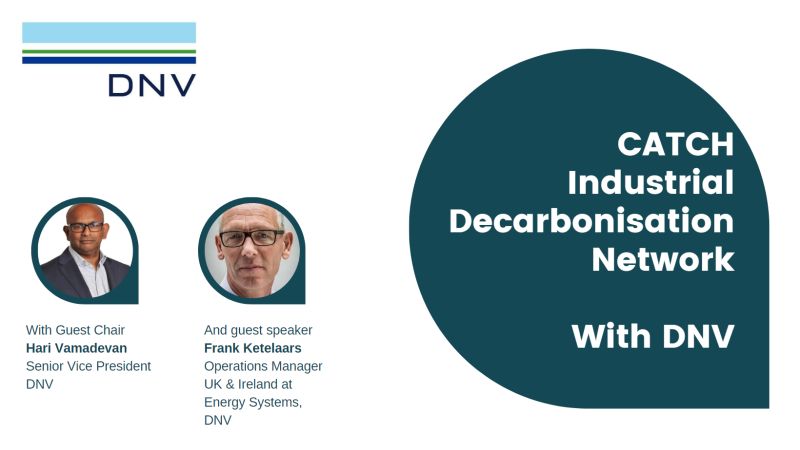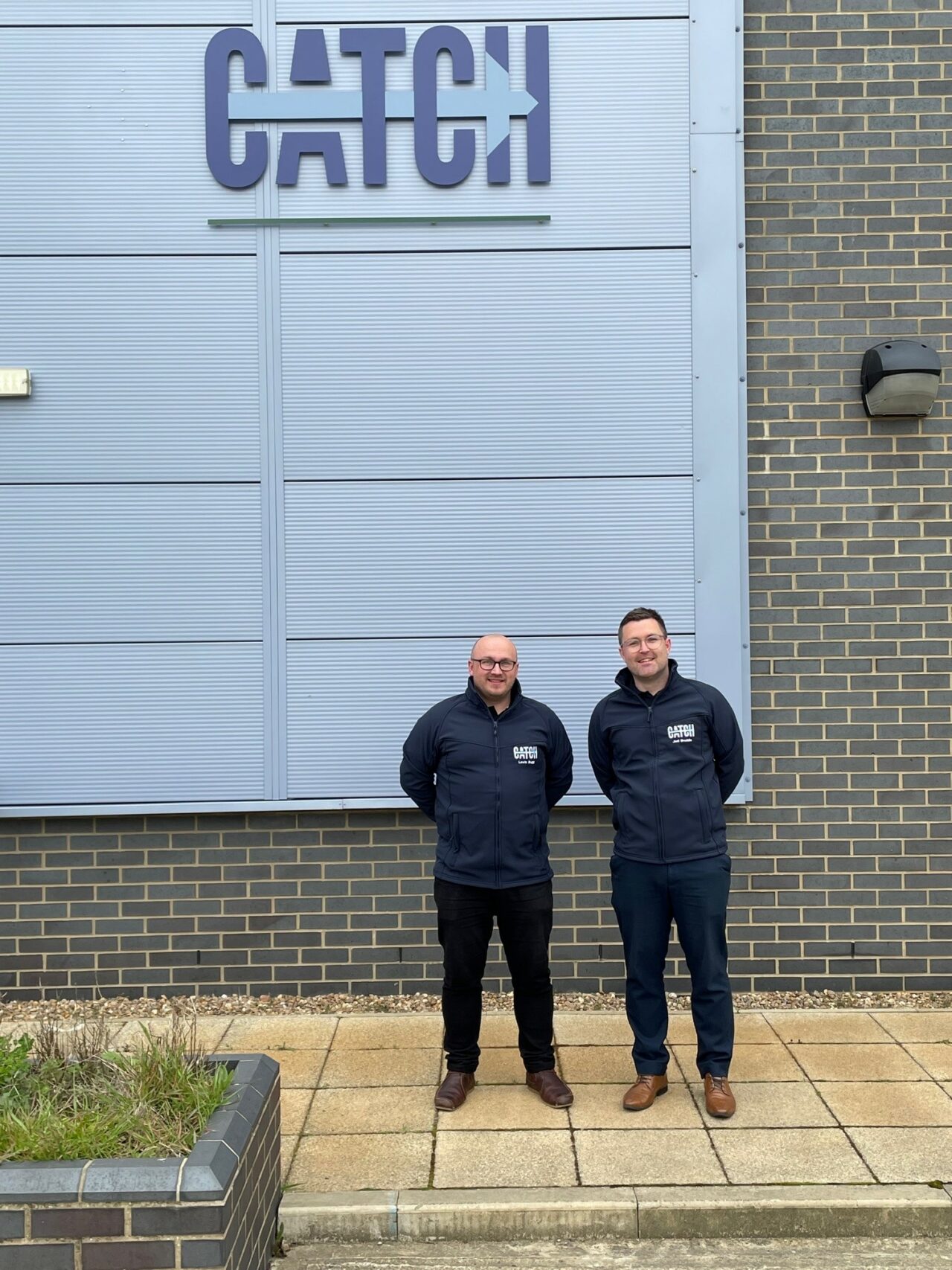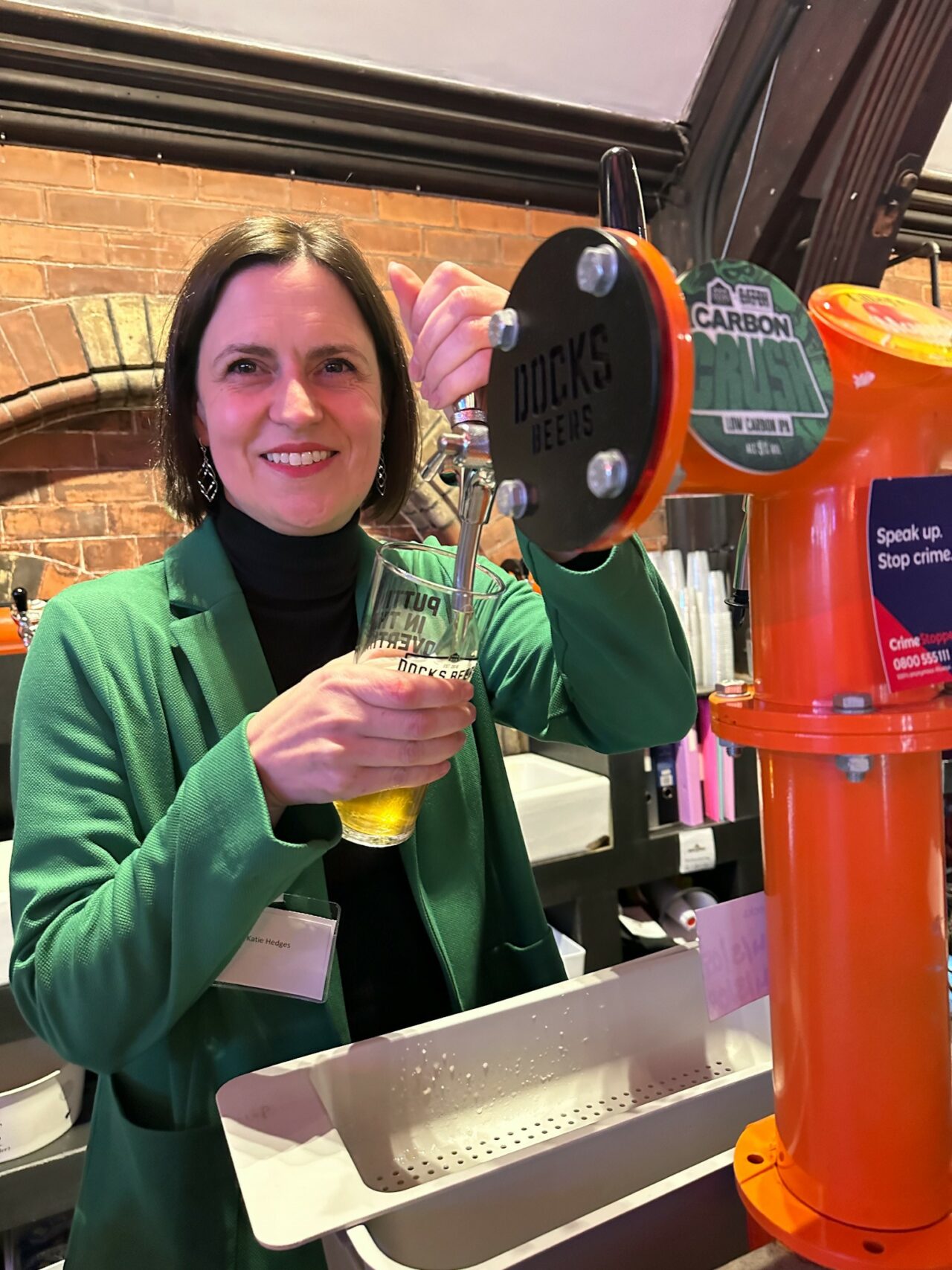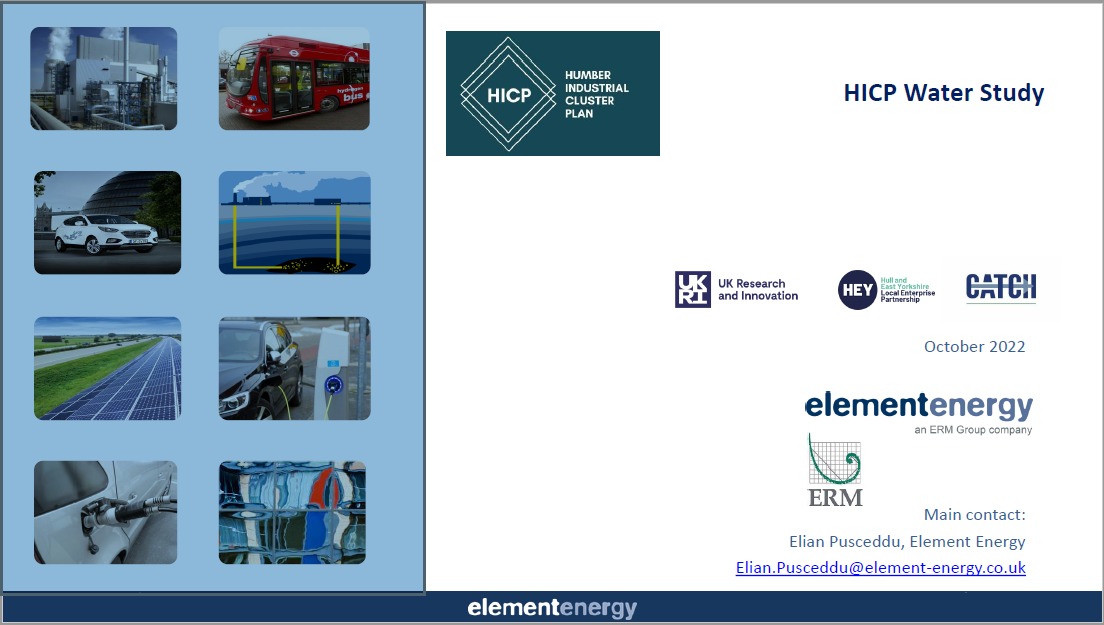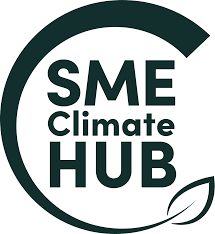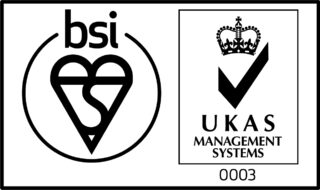Hull & Humber Top 30 Under 30s announce the 2023 winners
Celebrating their 6th Year, Hull & Humber Top 30 Under 30s highlights and recognise rising stars within businesses in the Humber.
This year’s selection sees talent from a variety of employers in the Hull & Humber region, with young people recognised from some of the regions most established employers alongside the very best talent within the areas best small and medium sized organisations.
Simon Jones, creator of the scheme, said “I am delighted to announce this year’s winners and our class of 2023. Today’s announcement is a celebration of the work, energy and contribution of our region’s talent, who have made a significant difference to our businesses and organisations. These young people have excelled in their respective fields, plus they have shown the qualities and behaviours that have stood them out amongst a very competitive field, to be award a place on our prestigious list.
Top 30s LEAP Programme enhanced further.
In addition to the recognition, each of the winners get enrolled onto the scheme’s LEAP Programme. The much-coveted programme provides the winners the unique opportunity to further enhance their leadership skills, led by industry experts in Leadership, Self-Development, and Communication. The programme has undertaken its first review since 2020.
Mr Jones says “It has been difficult to review the programme over the last few years, given the restrictions and challenges Covid provided. However, having had the opportunity to run the scheme in 2022 without the complications of covid, I decided to review the content and gain feedback to understand how we can make our LEAP programme even better”.
“Based on the feedback and advice of alumni and coaches, this year’s programme will see the inclusion of PRINT® for the very first time, to further enhance our winners understanding of themselves as leaders, plus more support than ever before to ensure the skills being learned are being embedded in behaviours in the workplace. These adjustments will see the programme go to another level, ensuring we continue to deliver the best possible experience for our winners”.
Record number of nominations makes statement.
The scheme received a record number of nominations this year, a signal to Mr Jones that the local economy is in a positive position.
“Every year, I am amazed by the support I receive for this scheme. But having seen the scheme break records once again, it gives me a real sense of optimism about the region’s future. Reading through the nominations is not only testament to the work from our winners, but the trust the organisations they are part of have in their talent. Seeing how the regions young people deliver increased sales, leading projects, creating new products, managing supply chains, negotiating with suppliers, help imbed new ways of working, lead new technologies, head up environmental strategy, employ and develop others…I could go on. This is a real statement. A statement from the regions talent to say that you can trust them to take the lead and make a difference, and a statement from the organisations involved to say that they are prepared to back young people to make a difference, and that they are seeing the benefits that strategy brings.”
Holly has achieved an incredible amount in the 7 years she has been at Catch UK. Starting as an apprentice when she was 18, Holly progressed to an Account Manager position in November 2020 at the age of 22 and since then has been making amazing strides! Her talent, drive, direction and leadership has led to the CATCH Skills team she leads being the most successful sales team in the business’ history, in addition to the team hitting and overachieving their sales targets every month in the past 2 years, an unbelievable statistic. Holly now manages accounts for over 50 blue chip multi-national customers in the Oil & Gas, petrochemicals, power and process industries as she continues to drive the business forward.
In this time she has also completed a Level 3 Chartered Management Institute qualification and is now a year into her Chartered Management Degree Apprenticeship with the University of Lincoln, alongside her role, something she should be incredibly proud of!
Winners List (In Alphabetical Order)
Charlotte Beecroft – Marketing Coordinator at MKM
Katie Blyth – Team Manager at Wescot Credit Services
Chris Boon – Account Director at Summit
Callan Cartledge – Internal Communications Specialist at Siemens
Rob Cunningham – IT Infrastructure Technician at Rradar
Ashleigh Davidson – R&D Senior Chemist at Ansell
Joe Donkin – Quantity Surveyor at Sewell Construction
Jon Donoghue – Service Desk Team Leader at Giacom
Fiona Downie – Campaign Manager at Forward & Thinking
Thomas Elliott – Group Accountant at Trenton Motors Ltd
Matthew Gilbert – Project Manager – Group Transformation at KCOM
Holly Goodwin – Account Manager at Catch UK
Chloe Greaves – Senior Designer at Giacom
Robbie Hunt – Manufacturing Production Planner at Advanced Plastics
Mia Jones – Communications Officer and ICV Scheme Manager at the Office of the Police & Crime Commissioner for Humberside
Will Jones – Apprentice Broker at Towergate Insurance
Joel Joseph – Transport Administrator at Rocal
Libby Kerman – Sustainability Manager at Lincolnshire Housing Partnership
Sophie Lee – Consultant at Shared Agenda
Jessie Milburn – Senior Designer at Swift
Sam Moor – Performance Marketing Manager at Green Ginger Digital
Amber Needler – Digital Innovation Project Officer at Humberside Police
Natalia Rudd – Marketing Executive at Wykeland
Charley Seward – Commercial Operations Executive at Arco
Katherine Sharpe – Customer Experience Team Leader at University of Hull Library
Ben Smith – Principal Energy and Carbon Officer at East Riding of Yorkshire Council
Vicky Smith – Digital Account Manager at Bluestorm
Jarrod Teanby – Engineering Manager at OSI Foodsolutions
Lizzie Thirkettle – Senior Category Manager at Ideal Heating
Louise Watkinson – Operations Manager at Sauce Consultants Ltd
